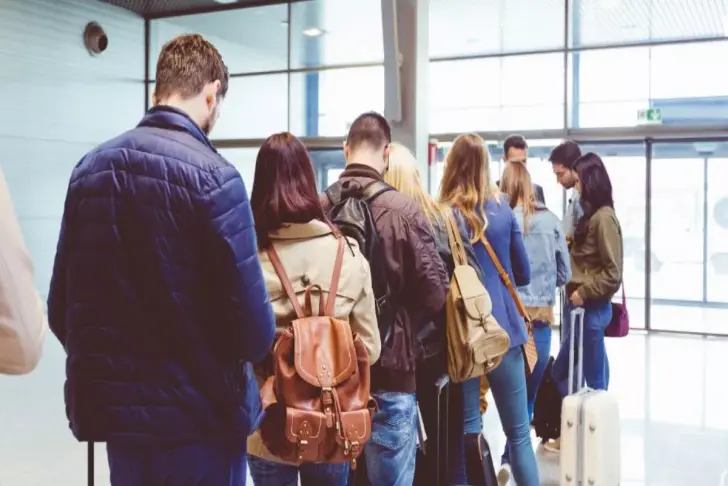The Home Office is facing accusations of disobeying warnings that millions of individuals in the UK might experience upheaval as a result of its new borders system. There were concerns that inadequate communication and technical issues could leave residents stranded abroad or unable to find housing or employment.
By January 1, 2025, the government plans to completely move the UK's immigration and borders online, doing away with the need for paper visas and biometric residency permit (BRP) cards.
It says the move will make the border more secure, ensuring “firm control over who comes here to live, work or study”.
But migration experts and legal professionals fear the switch to digital visas could cause a new immigration scandal, with people given the right to live in the UK but being unable to prove it.
Migrants living in the UK must set up their own digital accounts to be able to access crucial documents – and lawyers believe many won’t know before the deadline has passed, only realising that they need online documents when they try to rent a home, get a new job, or return to the UK and cannot produce the correct documentation.
Others, such as elderly people, may struggle to use a digital system or be aware it needs to be set up, migration experts warned.
The Home Office says it is being proactive in encouraging people to sign up – but hundreds of emails inviting people to set up the visas are failing to reach those who need them, i can reveal, because of a glitch in the system which means they are not being directly informed that they need to set up digital accounts.
What is the new digital visa system?
The Home Office has committed to switching the UK borders and immigration system online by the end of 2024. They say this is better because physical documents can be lost, stolen, damaged or tampered with.
Since April, the department has been incrementally inviting people to transfer their documents to a digital eVisa. eVisas are an electronic record of someone’s immigration status, and are securely linked to their biometric information. They aren’t a digital document, but a code which can be given out.
They are accessed by a UK Visas and Immigration (UKVI) account, which visa holders must create themselves. The accounts must be set up by the end of the year, when most BRP documents expire.
The Home Office confirmed that as of 2025, a UKVI account will be needed to prove immigration status.
The initial roll out of the UKVI accounts is by email invitation only, but the service will be opened to everyone who holds BRP in summer.
Those who miss the deadline may be able to use expired BRP documents to set up accounts, but experts fear some people will only realise they need to switch to online when it’s too late.
The Home Office did not say how long the process of setting up an eVisa would take.
Millions of people already use eVisas under the EU Settlement Scheme, which opened in March 2019. But migration groups say that this system has been marred with problems, which they don’t want to see extended to the rest of the population.
Three migration experts said they had repeatedly raised the alarm about the roll-out of the system with the Home Office, but that their concerns appeared to have fallen on deaf ears.
The Immigration Law Practitioners’ Association (ILPA) said it had discussed this in several meetings as part of the Home Office’s newly formed Digital Status Forum, the Home Office’s advisory groups, and with Home Office operational teams.
Migrant organisation Praxis also said it had raised the concerns during meetings of London Strategic Migration Partnership, a collection of organisations which meet once a quarter to “develop and maintain a strategic overview of key issues for migrants, refugees and people seeking asylum in London” in a bid to bolster integration.
The3million also said it had “tried to engage repeatedly and have done a lot of work to try and highlight the many ways in which the system is deeply flawed.”

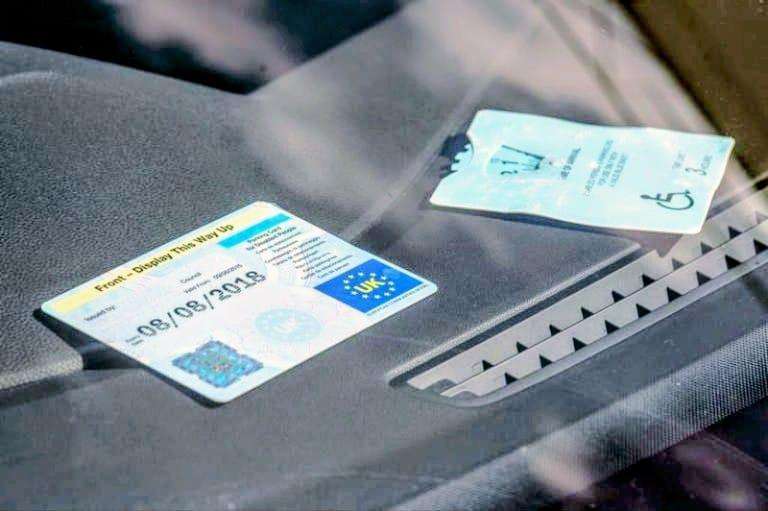

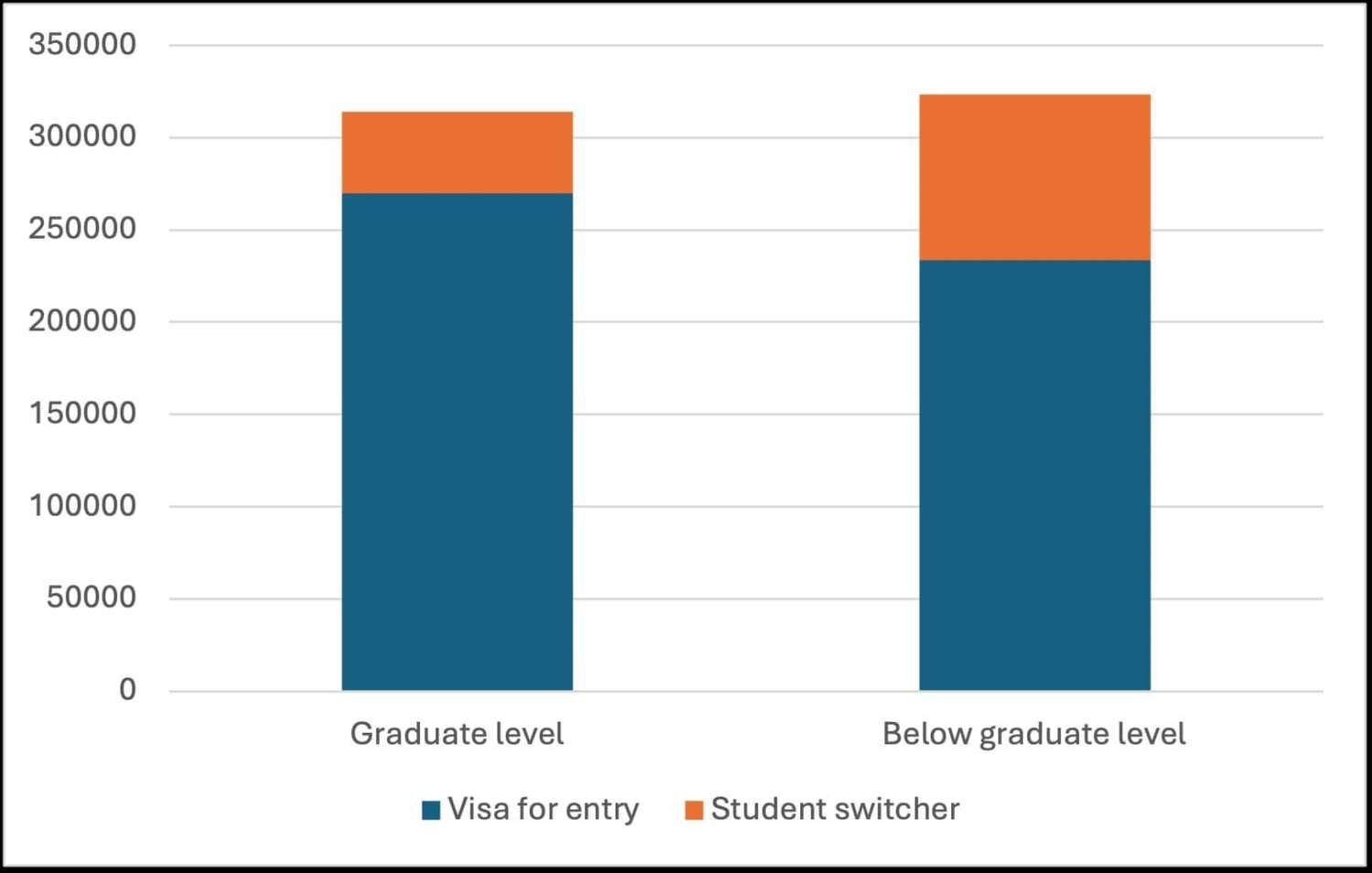
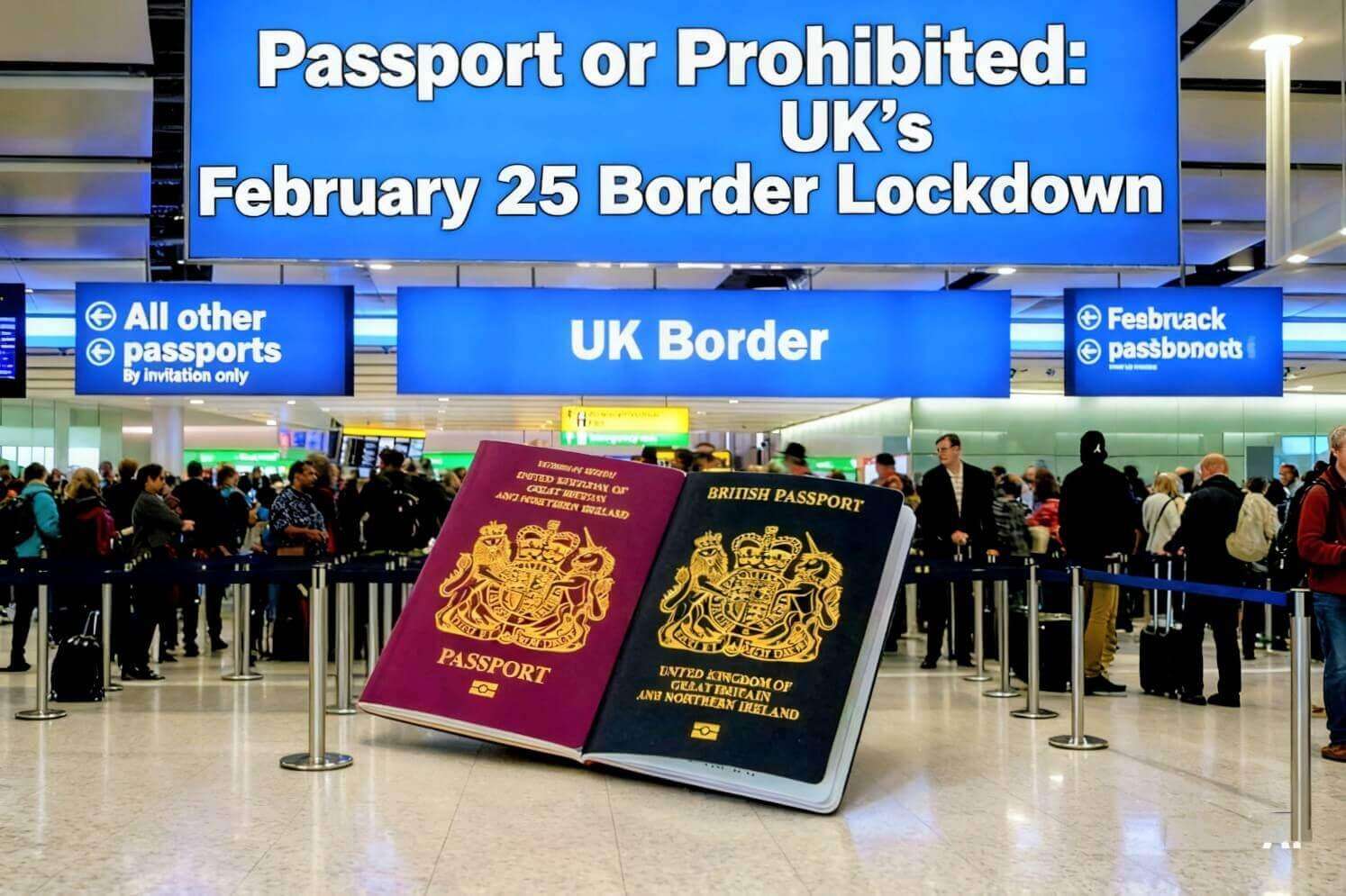


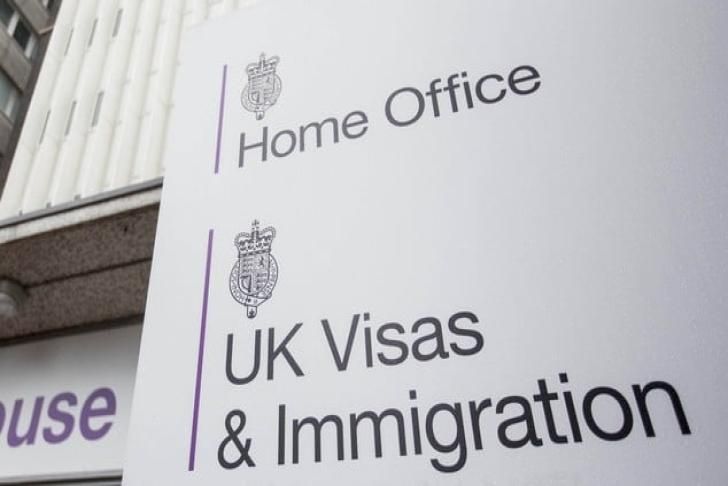
.svg)


